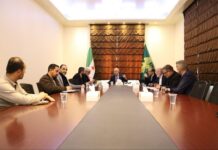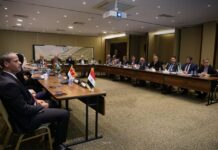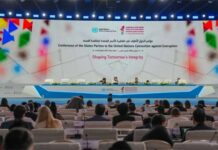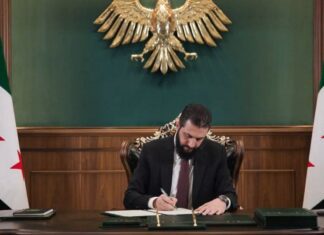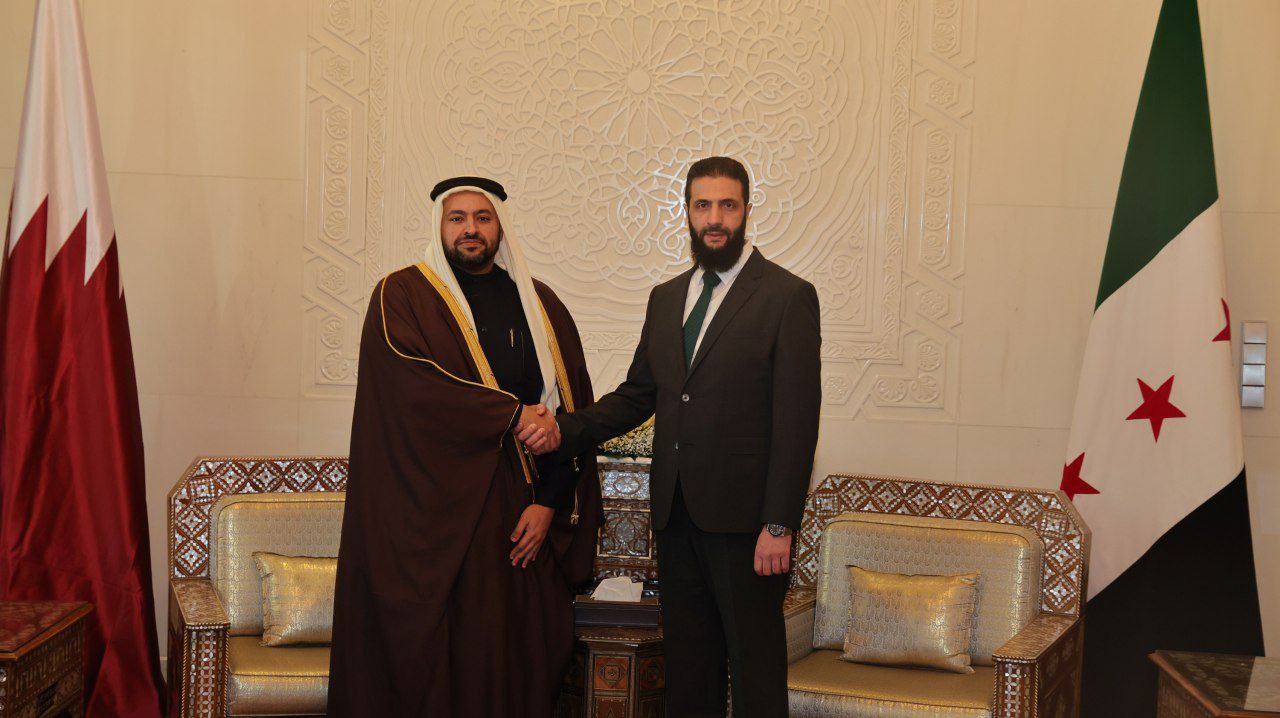
In a significant diplomatic development, delegations from Gulf states, including Saudi Arabia and Qatar, met with Syria’s new leadership in Damascus to discuss cooperation on economic development, reconstruction, and security following the fall of Bashar al-Assad’s regime. The meetings mark a turning point in regional engagement with Syria after more than a decade of political isolation.
Saudi Delegation at the People’s Palace
One of the leaders during Syria’s transitional period, Ahmad al-Sharaa, received a high-level Saudi delegation led by an advisor to the Royal Court at the People’s Palace in Damascus. The Saudi broadcaster Al-Arabiya confirmed the visit, though specific details of the discussions were not disclosed.
Speaking about Saudi Arabia in an earlier interview with Asharq Al-Awsat newspaper, Al-Sharaa praised Riyadh’s ambitious development vision, saying, “There is no doubt that there are many intersections with what we aspire to, whether in economic or development cooperation or otherwise.”
The Saudi delegation’s visit comes at a time of heightened diplomatic activity in Damascus, with the capital hosting delegations from multiple Arab states eager to rebuild ties with Syria’s new leadership.
Qatari Support
On Monday, a Qatari delegation led by Minister of State for Foreign Affairs Muhammad al-Khulaifi arrived in Damascus aboard the first Qatar Airways flight to land in the Syrian capital since the regime’s fall. The visit highlights Qatar’s commitment to supporting Syria’s reconstruction and strengthening bilateral relations.
During a joint press conference, al-Sharaa expressed gratitude for Qatar’s unwavering support throughout the Syrian revolution. He revealed plans for collaboration in various sectors, including energy and port development, and confirmed an official invitation extended to Qatar’s Emir Sheikh Tamim bin Hamad Al Thani to visit Damascus. “Qatar has always been a partner of the Syrian people,” he said. “The next stage in Syria will be a developmental stage, and Qatar’s participation will be crucial.”
Refugee Return
The influx of Gulf delegations reflects a growing consensus among Arab states to support Syria during its transitional phase. Jordanian Foreign Minister Ayman Safadi also visited Damascus, affirming Jordan’s readiness to aid reconstruction and emphasizing the importance of Syrian stability for regional security. Safadi highlighted the need for voluntary refugee repatriation, a pressing issue for Jordan, which hosts over 1.3 million Syrian refugees. “Syria’s security and stability is Jordan’s stability,” Safadi said.
Security & Economic Stability
During these high-profile meetings, Gulf state representatives discussed shared concerns, including combating narcotics trafficking and restoring regional stability. Saudi officials reportedly raised the issue of eliminating Captagon production and trade, a problem that has plagued the region for years.
Al-Sharaa assured visiting delegations that Syria’s new administration is committed to dissolving independent armed factions and unifying the country under a central government. “The executioner (Assad) is gone,” Al-Sharaa said, referring to Assad’s regime. “We are focused on rebuilding Syria as a state that respects all its citizens and provides security for its neighbors.”
Partners in Stability
This renewed engagement by Arab states shows a shift in regional dynamics as Syria’s new leadership positions itself as a partner for stability and development. The visits signal growing support for Syria’s transition and the potential for collaborative efforts to rebuild the country’s infrastructure and economy. With delegations from Saudi Arabia, Qatar, and Jordan paving the way, Damascus appears poised to reemerge as a key player in regional politics, reflecting a broader Arab willingness to turn the page on years of conflict and division.

